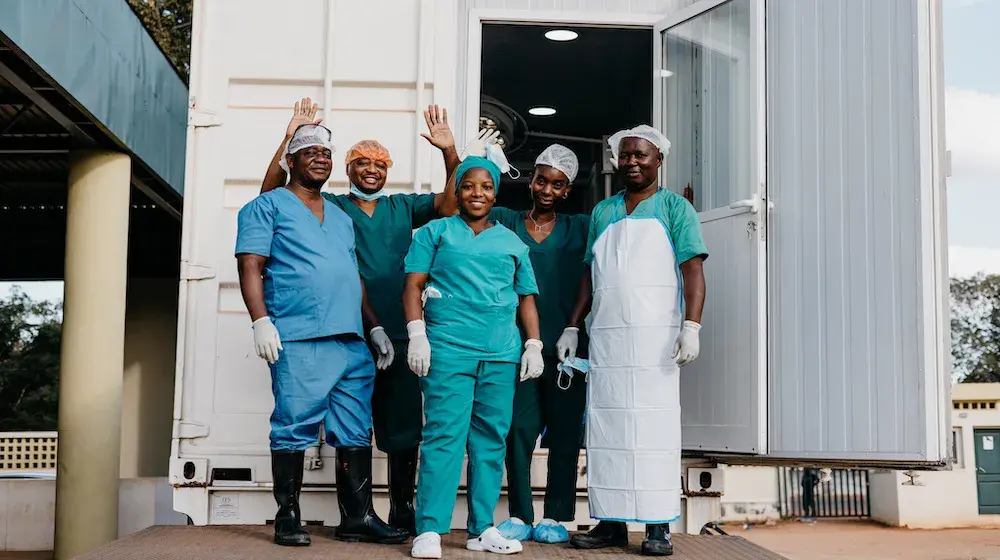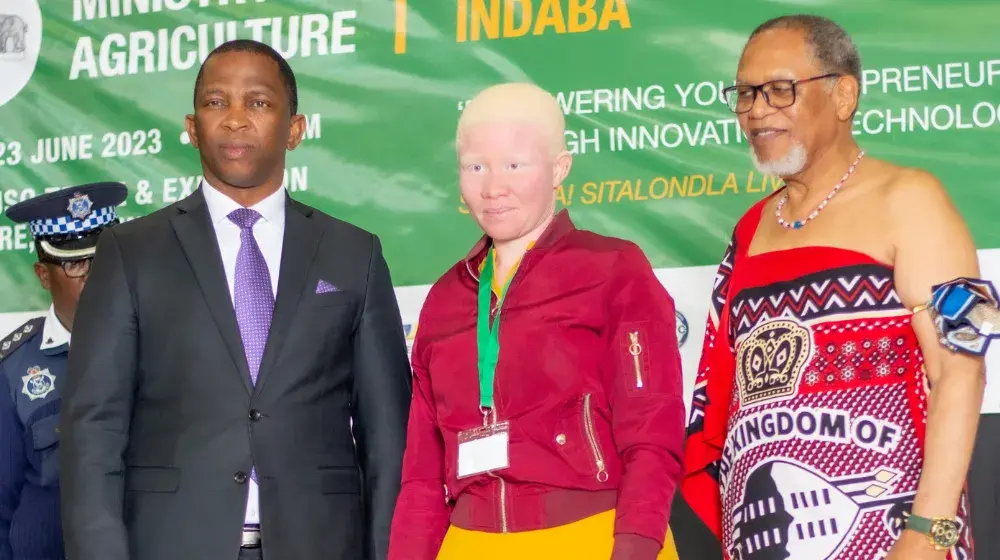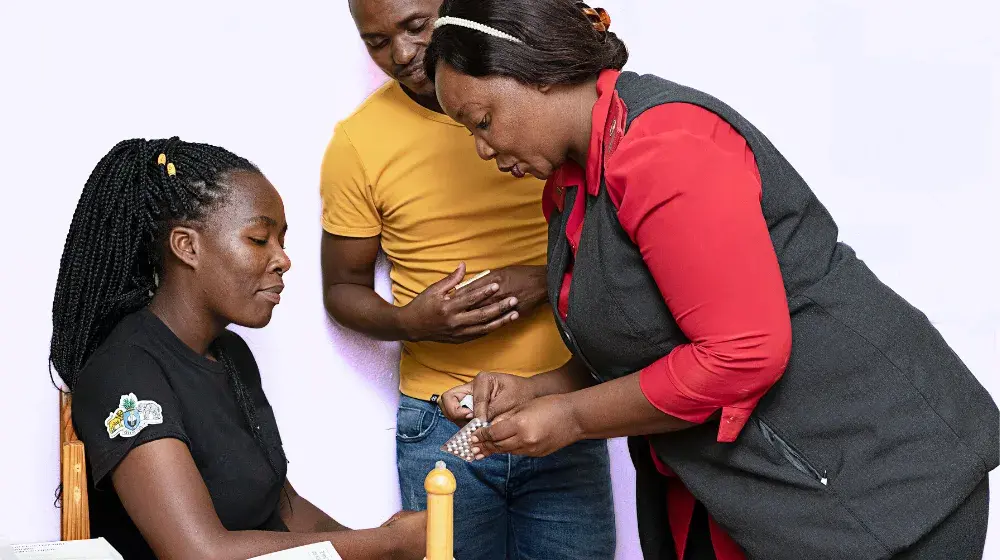MBABANE, Swaziland – Taking a step further towards optimizing chances of harnessing a demographic dividend, a Demographic Dividend Modelling (DD) Workshop, jointly facilitated by the African Institute for Development Policy (AFIDEP) and the University of Cape Town (UCT), was convened by the Ministry of Economic Planning and Development in October 2016.
The primary objective of the Demographic Dividend Modelling workshop was to assess Swaziland’s demographic profile and its prospects for harnessing this demographic window of opportunity, as well as highlight priority policy and programme options that Swaziland should adopt in order to optimize its prospects to harness a demographic dividend, in the light of the country’s development aspirations.
UNFPA Representative, Sharareh Amirkhalili, in her remarks at the official opening of the workshop, noted that young people are Swaziland’s greatest resource, and hence it was imperative that strategic investments are put in place to ensure that they are “fully empowered and enabled to take their positions as the shapers and leaders of the country’s future.”
Reaffirming the same, the Acting Principal Ministry of Economic and Development, Siboniso Masilela acknowledged the importance of investing in young people, particularly girls. He reiterated that Government was eagerly awaiting results of the study, which he said would contribute to evidence-based planning as well as Swaziland’s Vision 2022, Africa’s Agenda 2030 and the SDGs.
Currently in draft form, the Swaziland Demographic Dividend report will serve as an advocacy tool for increased investments for young people in Swaziland, and will also culminate in the development of national demographic dividend roadmap that will guide the implementation of demographic dividend activities in Swaziland. The findings of national DD study will also be shared at the African Union Summit 2017, whose theme “Youth Investments and the Demographic Dividend” underscores the centrality of the demographic dividend to Africa’s transformative Agenda 2063.
In Swaziland, the population below 15 years decreased from 51 percent in 1976 to 41% in 2007 whilst the share of those aged 15-64 years increased from 46% in 1976 to 56% in 2007. It is projected that by 2022, the share of the working age population will have increased to 62% while that of the population below 15 years will have decreased to 36%. This transformation opens up a window of opportunity for spectacular economic prosperity provided appropriate macro-economic and social policies are put in place.
Worth noting is that the concept of the demographic dividend and the recognition that a demographic dividend lens offers a strategic basis for focusing and prioritizing investments in young people in order to achieve sustainable and inclusive development, appears to be receiving considerable attention in the country. For example, the Honorable Deputy Prime Minister, Senator Paul Dlamini mentioned it in his remarks during the launch of the International Day of the Girl Child 2016. In December 2016, the Acting Principal Secretary, Ministry of Sports Culture and Youth Affairs, Henry Zeeman, also alluded to it when he made his remarks on the occasion of the launch of the Swaziland State of the Youth Report.





